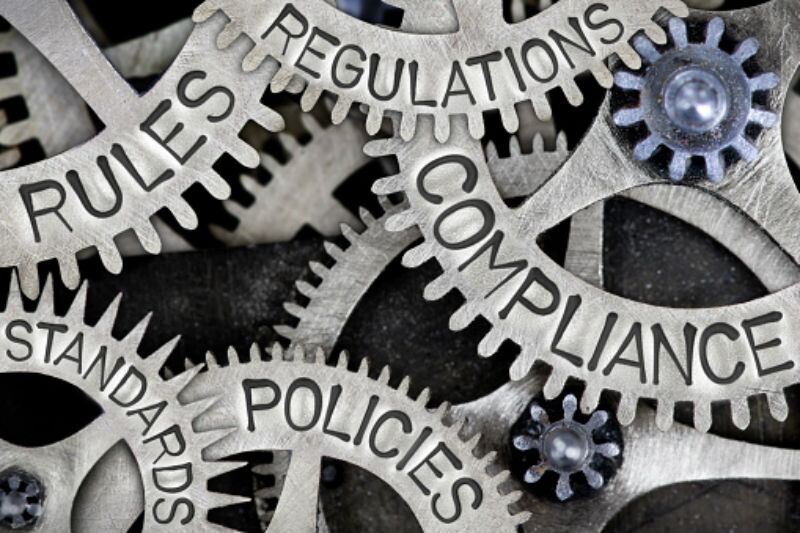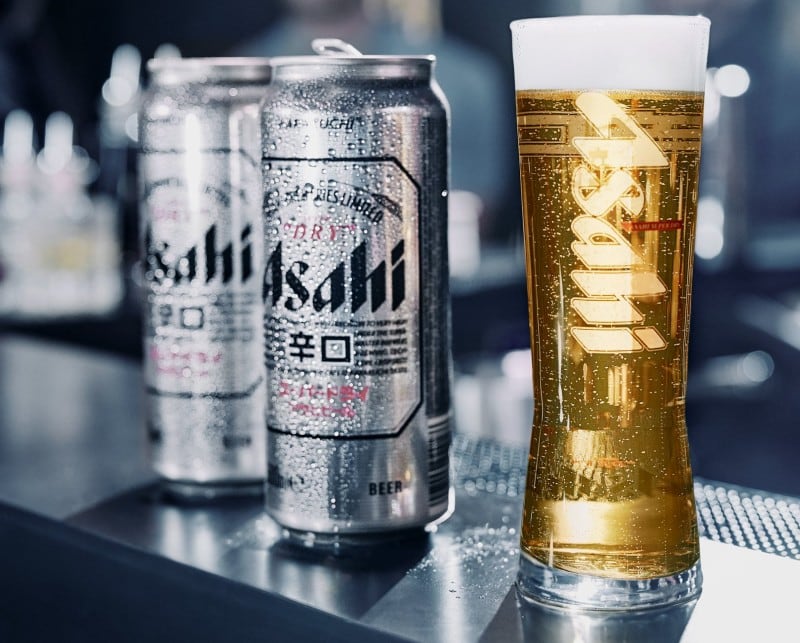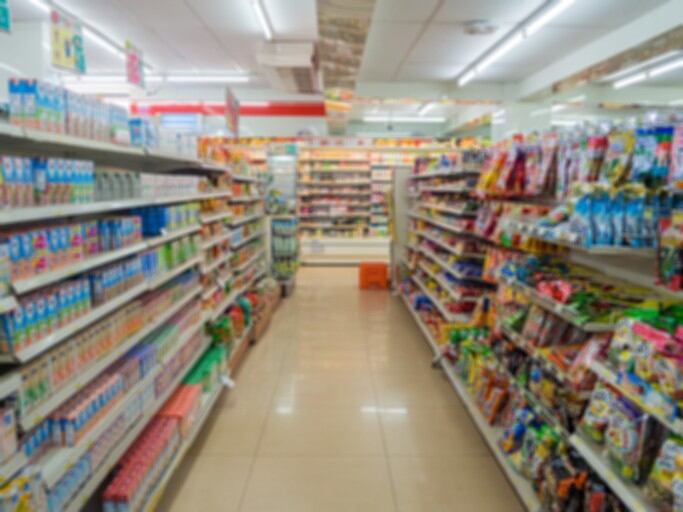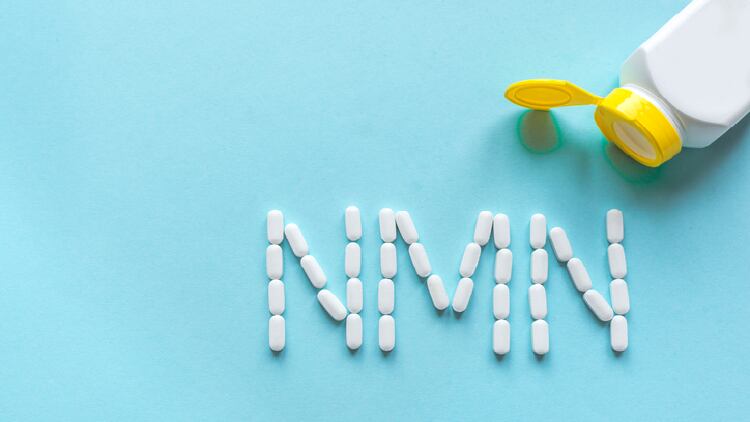Sensory safety: China tightens regulations for non-alcoholic beverages and dairy products
China will implement stricter food safety and quality regulations for non-alcoholic beverages and dairy products, citing strict standards and requirements over areas such as sensory characteristics and ‘real’ product content.
The National Health Commission (NHC) and State Administration for Market Regulation (SAMR) recently announced tighter food safety and quality regulations for two major food and beverage categories in the country – non-alcoholic beverages and dairy products.
Safety not politics: Australian meat sector wants food safety to be depoliticised
The traditional meat industry in Australia has urged for the handling of food safety and biosecurity issues to be kept separate from politics in the country, following public concerns over cattle diseases as well as the government’s new National Biosecurity Strategy launch.
The concerns were primarily triggered by reports of cattle disease outbreaks including foot-and-mouth disease (FMD) and Lumpy Skin Disease (LSD) in Indonesia, one of Australia’s major partners, which prompted various reactions in the Australian government ranging from calls to help Indonesian cattle farmers to calls to shut Australian borders to Indonesian travellers.
The issue has been increasingly used as means for political leaders to take particular stances – a situation that has triggered the ire of the Australian meat sector, arguably the people with the most at stake in the situation.
Labelling changes: Taiwan’s Health Ministry drafts logo for infant and toddler food products
Taiwan’s Ministry of Health and Welfare (MOHW) has drafted a new logo and information to be printed on infant and toddler food products.
The logo, which consists of a woman carrying a baby, also comes with the slogans “mother’s breastmilk is the best source of nutrition for infants (母乳是嬰兒最佳的營養來源)” and “The Ministry of Health and Welfare cares for you (衛生福利部關心您).”
Driving discounts: Major South Korea retailers urged to cooperate with government to stabilise food prices
Five of South Korea’s biggest retail chains were urged to cooperate with the government in efforts to stabilise local food prices in relation to the nation’s biggest festival Chuseok.
Chuseok takes place on the 15th day of August in the lunar calendar, which for 2022 fell on September 10, and is a harvest festival often referred to as the Korean Thanksgiving, and widely considered to be the biggest festival in the country.
The significance of Chuseok has often led to food price instabilities in past years as many families tend to purchase even more food than usual to cook up large-scale family banquets as well as to prepare for many businesses being closed for at least three days, so the government roped in major South Korean retailers to help with price stabilisation efforts this year.
Welcome move: New Zealand health ministry plans to regulate supplements via self-assessment
New Zealand’s Ministry of Health is intending to regulate natural health products via a self-assessment / declaration process, a move welcomed by the local industry body.
The ministry has been working on drafting the Therapeutic Products Bill and recently announced the planned market authorisation process for therapeutic products.
There are five different processes drafted, of which, natural health products have been categorised under the self-assessment / declaration process.
According to the announcement, the process is “an ongoing ‘automatic assessment of information and authorisation carried out by a system” and is applicable to natural health products, lowest-risk medical devices, and sunscreen.





